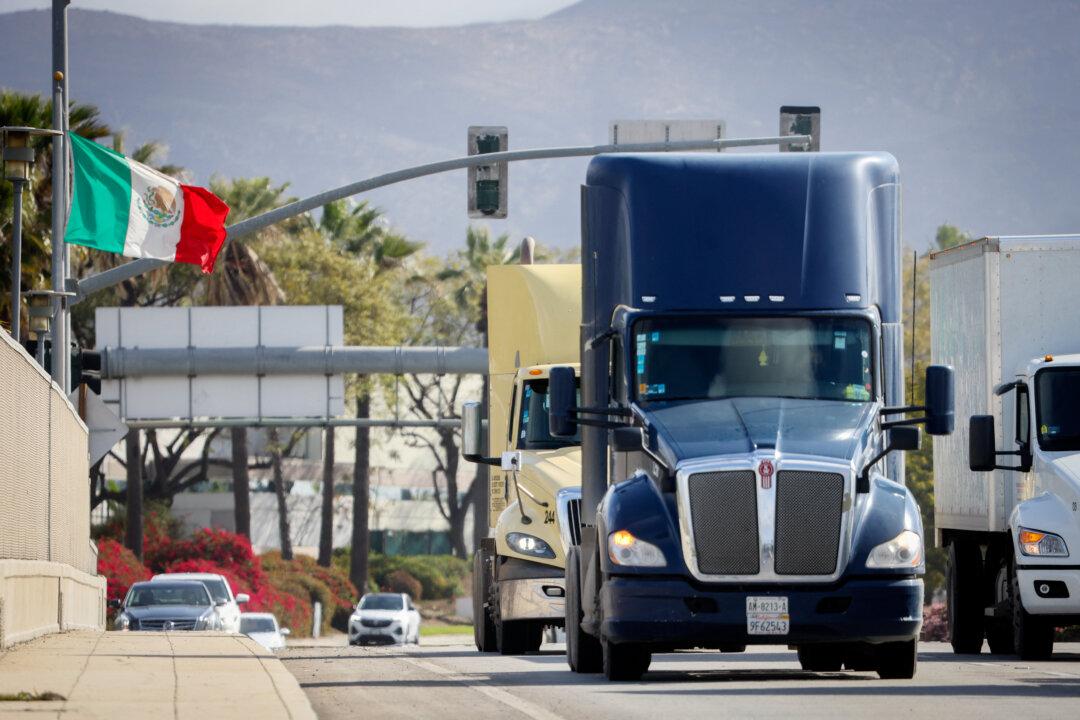The House of Representatives passed two resolutions on April 30 repealing waivers issued by the Biden administration to California that allowed the state to impose zero-emission mandates and stringent emission regulations.
The proposals will now move on to the Senate, where they need to get approved before President Donald Trump can consider signing them.





